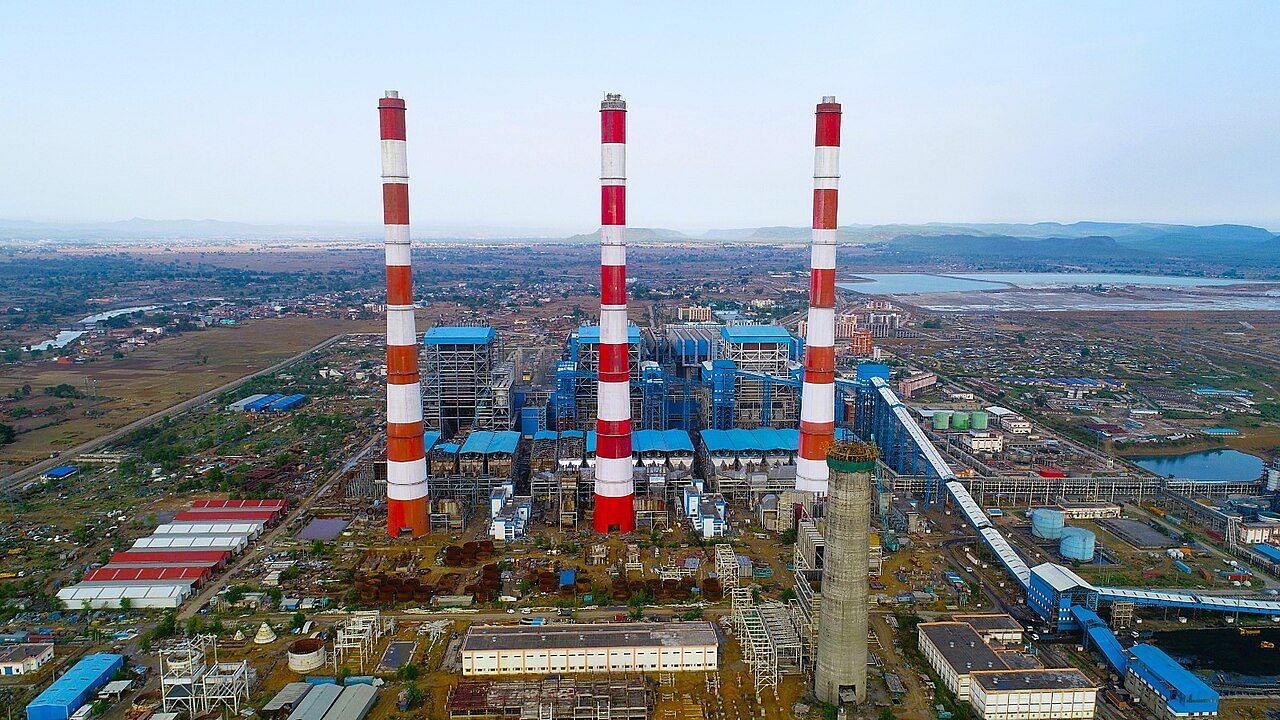
New Delhi: The University of Oxford has praised the Indian government’s PRAGATI (Pro-Active Governance and Timely Implementation) platform, calling it a groundbreaking initiative that has transformed the implementation of infrastructure projects in India and as a model for other countries to emulate.
The Oxford study—‘From Gridlock to Growth: How Leadership Enables India’s PRAGATI Ecosystem to Power Progress’—by the University’s Saïd Business School and the Gates Foundation highlights how the PRAGATI platform transformed governance and helped in the completion of critical infrastructure projects.
The report emphasised that the PRAGATI platform—launched by Prime Minister Narendra Modi in 2015—had accelerated 340 “most wicked and toughest” infrastructure projects worth Rs 17.05 lakh crore ($205 billion) between 2015 and June 2023.
From Chenab Bridge in Jammu and Kashmir to Navi Mumbai Airport, the study looks at eight projects that were delayed by 3-20 years and how the PRAGATI platform facilitated their timely completion.
The study is authored by Professor Soumitra Dutta, Peter Moores Dean at Saïd Business School, University of Oxford, and Mukul Pandya, Associate Fellow at Saïd Business School.
The initiative preemptively identifies areas of contention ensuring that developmental projects do not get stalled due to bureaucratic disagreements or red tape. “This platform symbolises India’s commitment to overcoming bureaucratic inertia and fostering a Team India mindset and culture of accountability and efficiency,” the report said.
It also pointed out that other countries can learn from India’s initiative. Decisive leadership, use of technology in project management, effective dispute resolution mechanisms, developing an ecosystem of inclusive and collaborative framework, and institutionalising follow-up or regular review systems are some key lessons for other countries from the success of the PRAGATI initiative.
“Building on PRAGATI’s experiences, other countries have a valuable opportunity to revolutionise their approach to infrastructure development,” the report said.
The report credits Modi’s hands-on involvement in setting deadlines to facilitating collaborations for the platform’s success.
Dr Indermit Gill, Chief Economist of the World Bank Group and Senior Vice-President for Development Economics, wrote in the foreword that the “PRAGATI platform has transformed the way India manages its large-scale infrastructure projects and social sector programs”.
“The lessons from PRAGATI are particularly relevant as nations worldwide grapple with the middle-income trap…by embracing digital tools and fostering collaboration across all levels of government, India has charted a path that other emerging economies can emulate,” Gill wrote.
According to a statement by the Prime Minister’s Office on 28 August, 2024, to date, 44 PRAGATI meetings have been held in which 355 projects worth Rs 18.12 lakh crore have been reviewed.
It is not just infrastructure projects, the platform has played a crucial role in monitoring social sector schemes such as Swachh Bharat Abhiyan and Jal Jeevan Mission, among others. “By bringing these programs under the Prime Minister’s purview, PRAGATI has not only accelerated their implementation but also enhanced their effectiveness,” the report said.
Also read: PM Narendra Modi expresses happiness over recognition of PRAGATI by Oxford University
Strengthening state-centre collaboration
The report accentuated that the coordination between Centre and state governments is crucial for effective administration in India, and the PRAGATI platform has emerged as a “powerful demonstration of cooperative federalism in action.”
Of the 340 projects, the study looks at eight projects, such as Navi Mumbai Airport, North Karanpura Thermal Power Plant in Jharkhand, and the Varanasi-Aurangabad Section of National Highway 2 in Uttar Pradesh and Bihar, among others.
“By bringing together the Prime Minister, central ministry secretaries, and state chief secretaries onto a single platform, PRAGATI has created a virtual roundtable for national governance that transcends partisan politics,” said the report.
(Edited by Tarannum Khan)
Also Read: ‘One Nation One Subscription’: All about Modi govt’s new scheme that promises to be India’s JSTOR